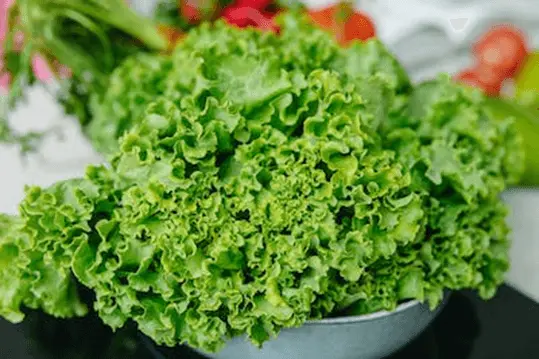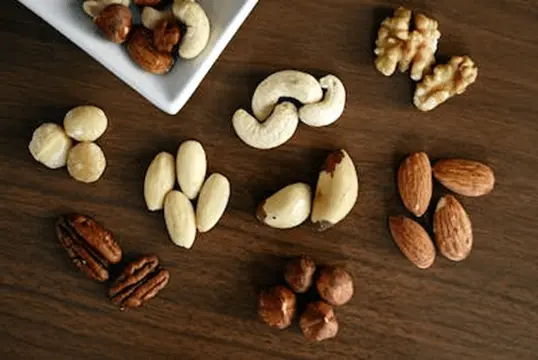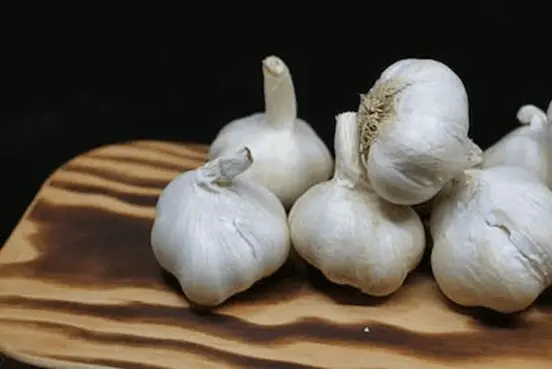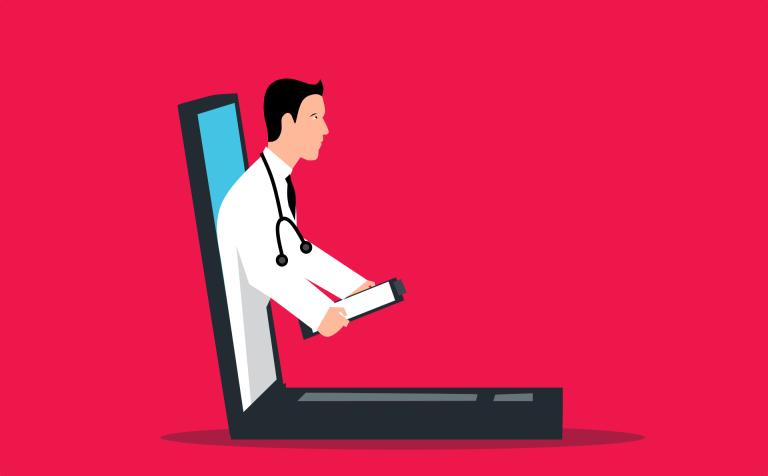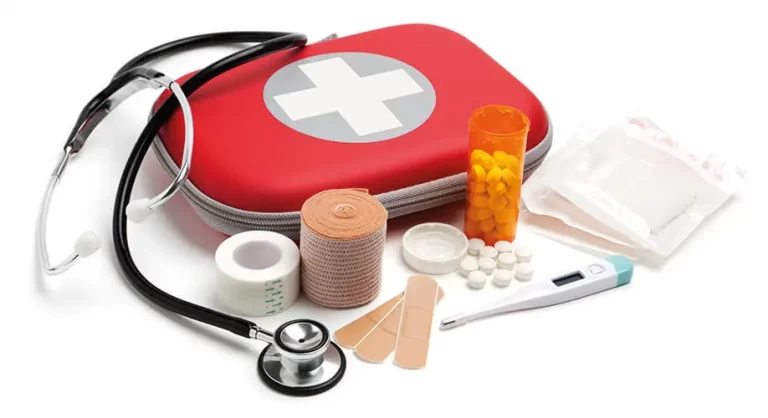Anti-inflammatory Foods to Eat During Pregnancy

While being pregnant is amazing, you might experience some inconvenience and health problems. One common issue is inflammation, which can lead to a variety of complications. Fortunately, there are plenty of anti-inflammatory foods that you can eat to help reduce inflammation and promote a healthy pregnancy.
Before we dive into the specific foods you should eat, let’s talk a bit about inflammation during pregnancy.
Table of Contents
Inflammation During Pregnancy: Why It Occurs?
The immune system of the body naturally reacts to damage or illness by causing inflammation. During pregnancy, the immune system is slightly suppressed to prevent it from attacking the growing fetus, which can lead to increased inflammation.
Inflammation can cause a variety of health problems during pregnancy, such as preterm labor, gestational diabetes, preeclampsia, and more. Eating anti-inflammatory foods can help reduce the risk of these complications and promote a healthy pregnancy.
Best Anti-inflammatory Foods to Eat During Pregnancy
The best way to avoid inflammation during pregnancy is to stop consuming foods that cause inflammation in the body. So, here are some healthier anti-inflammatory foods to take when you’re expecting.
● Leafy Greens
There are several nutrients in leafy greens including spinach, kale, and collard greens that can assist in reducing inflammation. They are a great source of antioxidants, vitamins, and minerals, which can help your body stay healthy during childbirth and build up your immune system.
● Fatty Fish
Fatty fish like salmon, sardines, and mackerel are excellent sources of omega-3 fatty acids. Omega-3s are known for their anti-inflammatory properties and can help reduce inflammation throughout the body.
● Berries
Berries like blueberries, strawberries, and raspberries are loaded with antioxidants that can help fight inflammation. They contain fiber, which helps regulate digestion and prevents inflammation in the gut.
● Turmeric
Because of its anti-inflammatory characteristics, turmeric has been taken for ages. It contains a substance curcumin, that’s been proven to reduce inflammatory responses in the body. To benefit from turmeric, either add it to your food or take a supplement.
● Nuts and Seeds
Healthy fats and antioxidants are plentiful in nuts and seeds including almonds, walnuts, chia seeds, and flax seeds, which can help reduce inflammation. Also, they are an excellent source of protein, which is crucial for a healthy pregnancy.
● Whole Grains
Whole grains are a good source of fibre and other nutrients that might help lower inflammation, such as quinoa, brown rice, and muesli. They are also a fantastic source of complex carbs, which can offer all-day energy.
● Ginger
Ginger is a root that has been used for centuries for its medicinal properties. It has anti-inflammatory effects and can help reduce inflammation in the body. You can add ginger to your meals or drink it as tea to reap its benefits.
● Garlic
Another spice that has been utilised for ages for its therapeutic qualities is garlic. Allicin, a natural substance in it, has anti-inflammatory qualities and can help alleviate inflammation in the body. To enhance taste and nutrition, garlic can be added to a variety of foods.
● Citrus Fruits
Citrus fruits like oranges, grapefruits, and lemons are packed with vitamin C and antioxidants that can help fight inflammation. Vitamin C is also essential for the growth and development of the fetus.
● Avocado
Avocado is a fantastic source of good fats and anti-inflammatory antioxidants. Moreover, it has a lot of potassium, that can help in lowering blood pressure during pregnancy.
● Green Tea
There are many polyphenols and antioxidants in green tea that can help the body fight inflammation. It can also give pregnant women a caffeine-free energy boost.
By incorporating these anti-inflammatory foods into your diet, you can help reduce inflammation and promote a healthy pregnancy. Remember to eat a variety of colorful fruits and vegetables, whole grains, lean protein, and healthy fats to ensure a well-rounded and balanced diet.
Among the various anti-inflammatory foods you can eat while pregnant, these are just a handful. By consuming these foods, you can aid in reducing inflammation and fostering a healthy pregnancy.
In addition to eating anti-inflammatory foods, there are other things you can do to reduce inflammation during pregnancy. It is important to maintain a healthy pregnancy by exercising regularly, managing stress, and sleeping enough. Similarly, you can also take meds to lower inflammation. So, does Tylenol reduce swelling? Yes, it does. So, if you have bodily pains and inflammation, take Tylenol but do consult your doctor.
The Way Forward
In conclusion, inflammation can be a problem during pregnancy, but it doesn’t have to be. By eating anti-inflammatory foods and taking care of your body, you can reduce your risk of complications and have a healthy pregnancy. So, make sure to add plenty of leafy greens, fatty fish, berries, turmeric, nuts and seeds, whole grains, and ginger to your diet, and enjoy a happy, healthy pregnancy!


